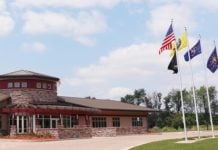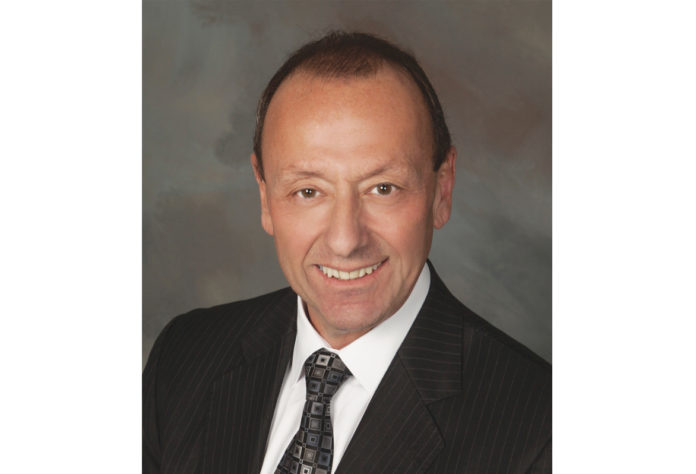by Andrew Klebanow
The pandemic continues to challenge many beliefs long held by casino operators. Prior to the pandemic, it was generally believed that more gaming capacity resulted in more gaming revenue. In fact, with constraints on capacity in place, many operators enjoyed better operating results and machine utilization, while reducing operating costs. Buffets, once considered essential to attract casual gamblers were closed to adhere to social distancing protocols. The results were dramatically improved operating margins with little impact on gaming revenue.
Another long held belief was that the vast majority of gamers were smokers and that any prohibitions on smoking would be disastrous to a casino operator that implemented a ban. The pandemic is proving that one wrong too.
What the Industry Knew About Smoking
Casino operators’ attitudes toward cigarette smoking have long been driven by two fundamental truths. First, a slot machine located in an area of the casino that permitted smoking outperformed a slot machine that was located in a non-smoking area. It is for this reason that the vast majority of slot floors were designated as smoking zones while non-smoking zones were confined to lower profile areas of the casino.
The second truth was that property-wide bans on smoking would have significant negative impacts on gaming revenues. This belief was validated time and again when states imposed prohibitions on indoor smoking in commercial casinos in their jurisdictions. In 2003, Delaware imposed a ban on its three casinos and gaming revenue declined by 11.3 percent. In 2008, Illinois implemented a ban and gaming revenue plummeted by nearly 21 percent. Colorado instituted a ban in 2007 and gaming revenue fell 9.3 percent in 2008. In 2011, South Dakota placed a ban on smoking and gaming revenue fell by 5 percent. While gaming revenues recovered in subsequent years, it quantified the impact that smoking bans would have on casinos. It also illustrated to tribal casinos that did not have to adhere to state sanctioned mandates what the economic impact would be if they chose to prohibit smoking. Then came the pandemic and it changed the rules.
What the Industry Learned
In May of 2020, the Angel of the Winds Casino Resort in Arlington, WA re-opened and announced that the property would be 100% smoke-free. That announcement was followed by other tribes that made similar decisions. As tribal casinos re-opened across the U.S., many chose to re-open as non-smoking properties while others dramatically reduced the square footage of their casinos allocated towards smoking areas. As they did so, an interesting phenomenon occurred. Nothing happened. Gaming revenues did not decline. People returned to casinos despite these new prohibitions. In fact, for casinos across the U.S., operators are now seeing near record gaming revenues. It appears that the pandemic gave tribal casino operators the opportunity to push cigarette smoking out of their buildings with little or no measurable economic impact.
Research conducted by Meczka Market Research/Consulting (MMR/C), presented last month at the National Indian Gaming Association tradeshow in Las Vegas, revealed a dramatic shift in player attitudes. In a 2021 survey of nearly 1,500 gamblers, participants were asked the primary reason for visiting their casino of choice most often. Of the respondents, 34 percent indicated ‘location close to home’ as the primary decision factor when choosing where to play. Smoking not allowed was the second leading reason for selecting a casino, with 26 percent of respondents. Smoking being allowed was the primary casino selection factor for only four percent of the sample.
When asked how important various decision factors are when deciding which casino to visit, 24 percent stated being allowed to smoke was of importance, while 70 percent stated not permitting smoking was of importance in making their decision on where to visit.
MMR/C’s research also found that players’ attitudes on smoking in gaming environments have been affected by the pandemic. There has been a significant decrease in player tolerance of smoking in the gaming environment when comparing their attitudes prior to and following the pandemic.
The resurgence of the pandemic will again require tribes to implement health and safety protocols, including mask mandates. For those tribal casinos that have not yet implemented smoking bans, there remains a limited-time-only opportunity to impose restrictions at no economic cost. At some point in the future, the pandemic will abate. Those casino operators that failed to take advantage of this opportunity will one day find themselves forced to address indoor smoking, either by government edict or for reasons of health and safety. They can do it now at no cost or they can do it later at an unknown cost.
Andrew Klebanow is Co-Founder and Senior Advisor at C3 Gaming (Casino Consultants Consortium), a diverse group of independent gaming consultants. He can be reached by calling (702) 845-7346 or email andrew@c3gaminggroup.com.














































